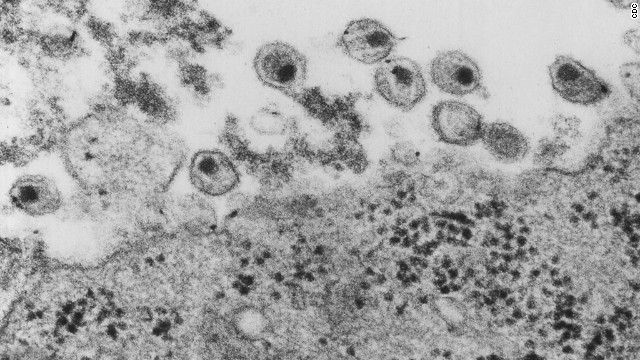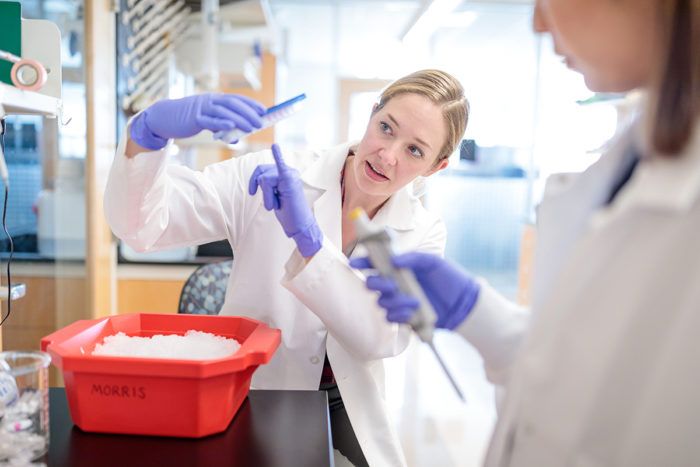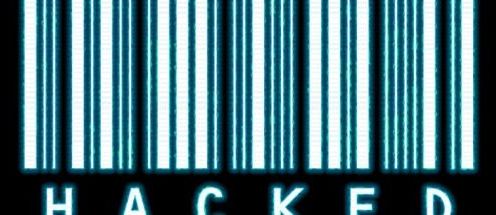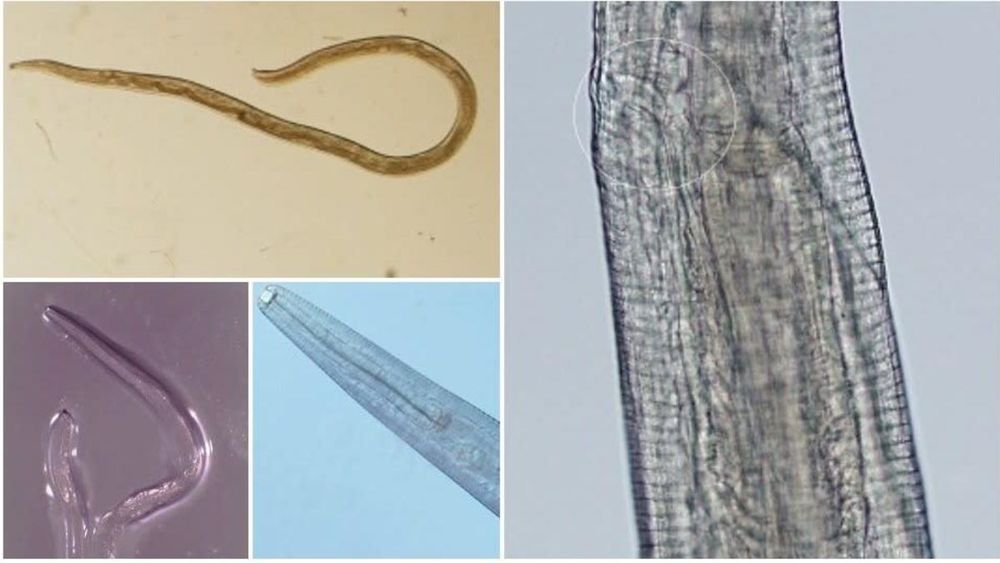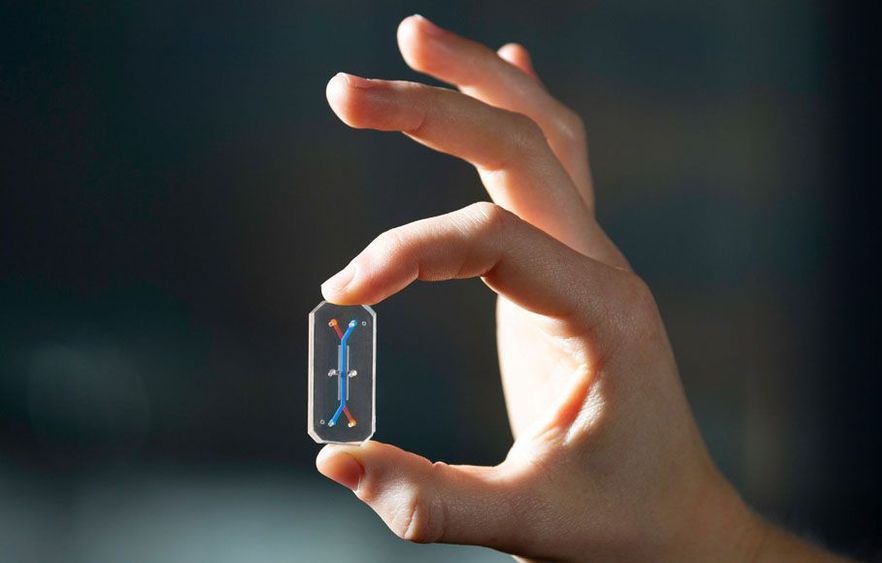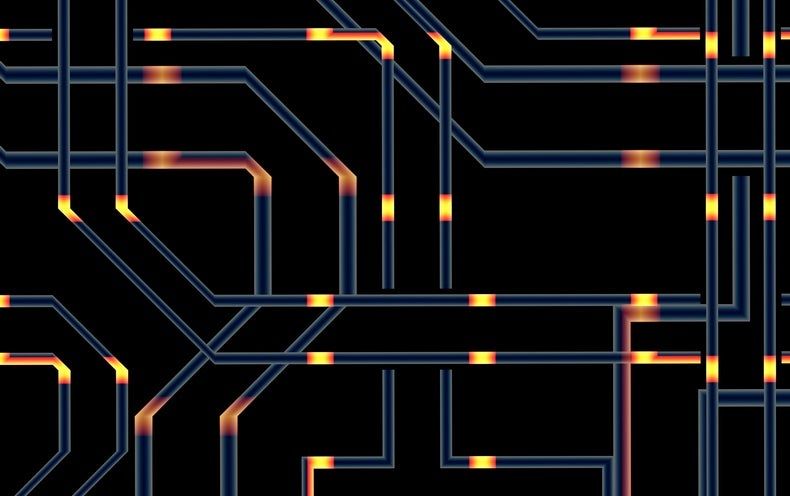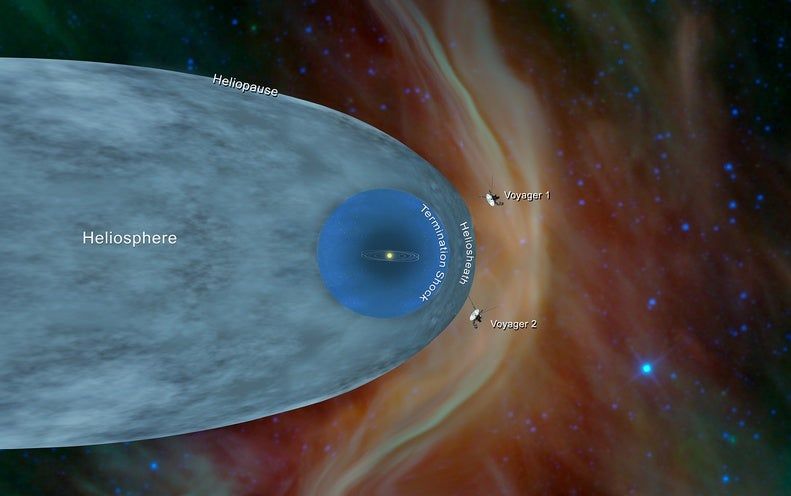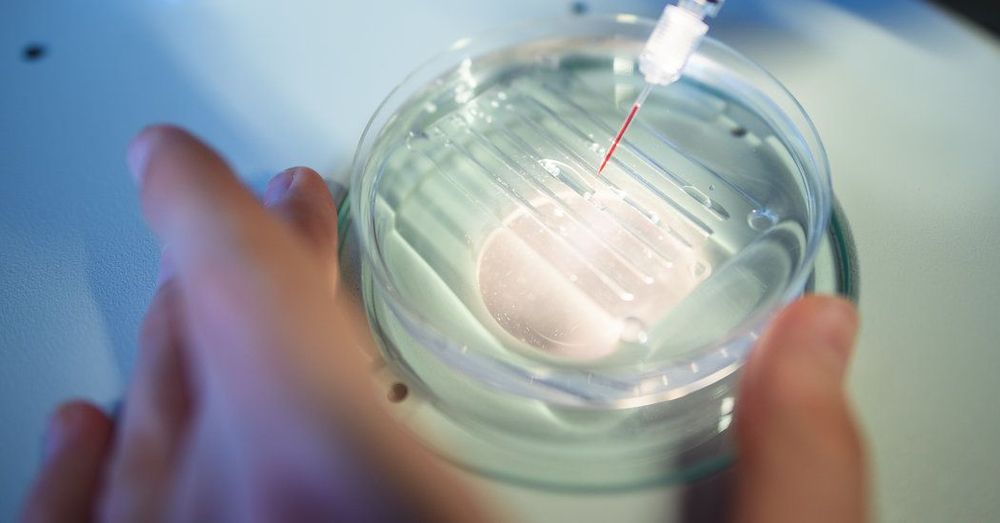Nov 6, 2019
Scientists discover first new HIV strain in nearly two decades
Posted by Genevieve Klien in category: biotech/medical
The strain is a part of the Group M version of HIV-1, the same family of virus subtypes to blame for the global HIV pandemic, according to Abbott Laboratories, which conducted the research along with the University of Missouri, Kansas City. The findings were published Wednesday in the Journal of Acquired Immune Deficiency Syndromes.
